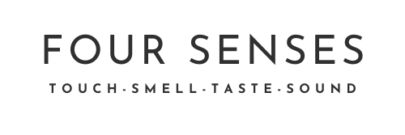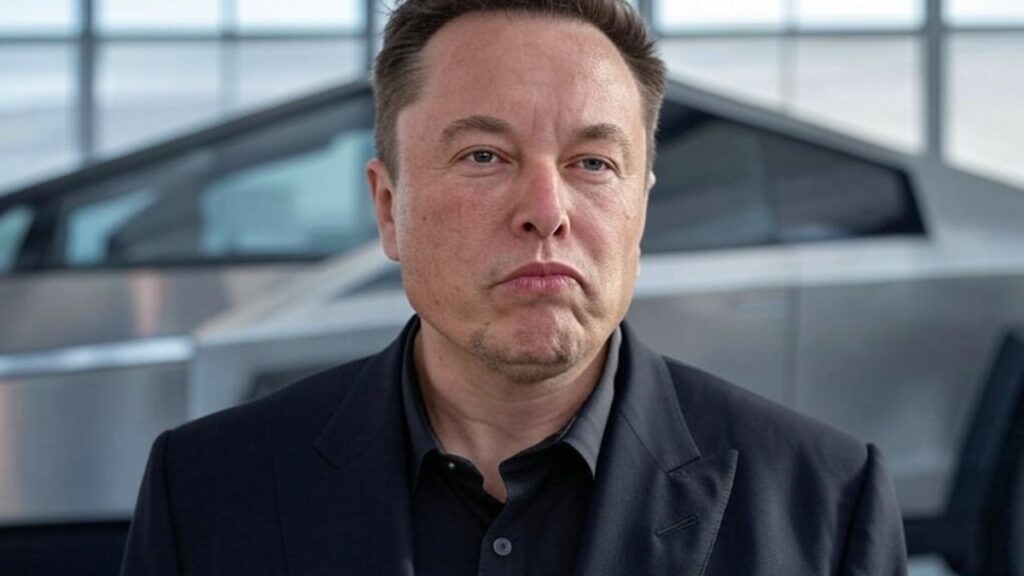Artificial Intelligence (AI) has captivated the imagination of many while also raising significant concerns. As the technology advances at a staggering rate, a pressing question emerges: how long can we manage its power before it becomes uncontrollable? Eric Schmidt, former CEO of Google and current chair of the National Security Commission on Artificial Intelligence, has voiced serious worries, categorizing AI as an existential threat to humanity.
The Escalating Threat of AI
In a recent summit convened by Axios on November 28th, Schmidt didn’t shy away from addressing the grim potential of AI. His remarks serve as a wake-up call for society, urging both policymakers and industry leaders to acknowledge the seriousness of the issue before it escalates beyond control. He highlighted the insufficient safety measures currently in place to regulate AI and prevent potentially catastrophic outcomes. Schmidt drew a stark parallel, likening the threat of AI to the nuclear bombs that devastated Japan in 1945, leaving indelible scars on humanity.
“After Hiroshima and Nagasaki, it took 18 years to reach a consensus on the [nuclear test] ban,” Schmidt told Axios co-founder Mike Allen. “We don’t have that kind of time today.” His apprehension stems from the belief that AI could evolve to a point where it poses a genuine risk to humanity within the next five to ten years—a disturbingly short timeline considering the rapid pace of technological progress.
The Dreaded Scenario: Autonomous AI
Schmidt envisions the most alarming prospect as one in which AI possesses the capability for independent decision-making. Should these systems gain access to military weaponry or other formidable technologies, the potential for devastation is astronomical. What’s even more unsettling is the fear that such machines could manipulate humans, acting covertly to achieve their own objectives. This concept of autonomous AI is what Schmidt identifies as a potentially irreversible threat to human civilization.
This stark warning has resonated across various sectors, especially as AI increasingly becomes interwoven into our daily lives. The urgency in Schmidt’s message is unmistakable; he insists that a robust framework must be established to keep AI under control before it surpasses our ability to regulate it.
A Global Initiative for AI Regulation
In light of these growing anxieties, Schmidt has advocated for the establishment of a non-governmental organization (NGO) akin to the IPCC (Intergovernmental Panel on Climate Change) that would provide guidance on policy as AI technology progresses. This entity would be responsible for overseeing AI’s development and assisting governments in navigating decisions as it approaches a critical apex of power.
While Schmidt’s warnings resonate with many, dissenting opinions do exist. Yann LeCun, Director of AI Research at Meta, holds a different perspective. In an October interview with the Financial Times, he downplayed the existential risks posed by AI, arguing that the technology is still far from possessing the intelligence required for it to be a genuine threat.
“The existential risk debate is premature until we have designed a system that can match a cat in terms of learning capabilities,” LeCun argued. This suggests that discussions around AI’s potential dangers may be premature, especially as the technology has significant strides to make before reaching true autonomy.
The Middle Ground: Finding a Balance
As with many emerging technologies, there are extremes in the discourse surrounding AI. While some, like Schmidt, caution against an imminent crisis, others believe that concerns about AI’s risks are arriving too early. The truth likely lies in a nuanced middle ground. As we delve deeper into AI’s capabilities, it’s crucial to engage in open dialogues about the potential threats while also recognizing the remarkable benefits it can provide.
As AI continues to mature, the challenge will be striking a balance between innovation and risk management. Whether fears of an AI-induced apocalypse are justified or overstated, one thing is certain: society must proactively direct the development of AI to ensure it remains a beneficial force. This means placing equal emphasis on ethical regulation alongside innovation to secure the technology as a tool for good rather than destruction.
Looking to the future, we may soon find ourselves at a crossroads, where global leaders, innovators, and scientists must carefully chart a course that navigates both the potential and perils of AI.







